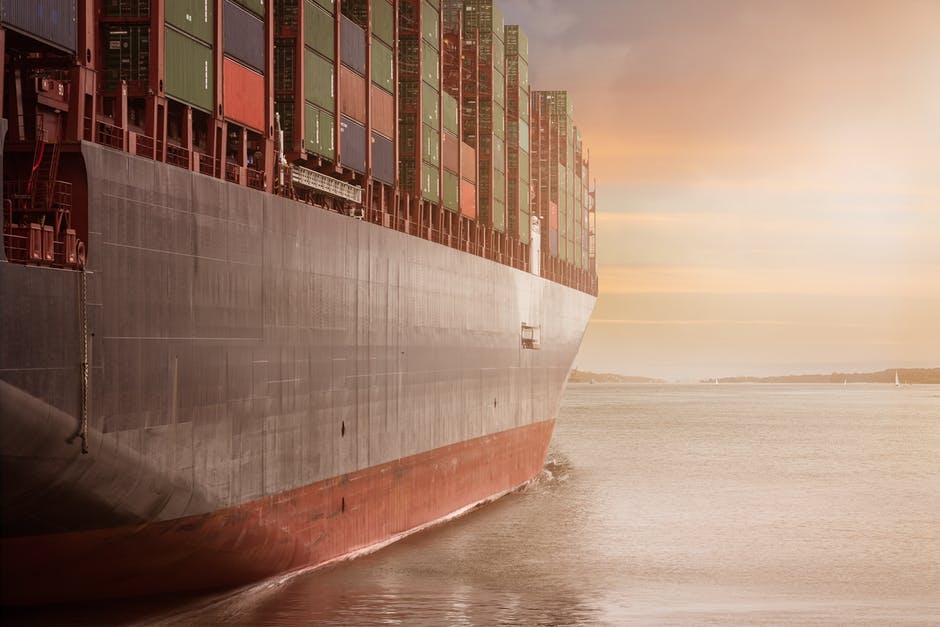Most companies take measures to address the freely floating issues but there are still underlying pain problems which cannot be categorized as routine setbacks. These issues have not only caused losses in delays, opportunity costs, and downtime but also contributed to businesses succumbing to failure.
Here are the top challenges facing the industry:
Customer service – Many companies fail to maintain customer service standards. Problems occur daily – it could be a disgruntled customer or accident on the road and alike, the sheer inability to companies to recover from these problems and reinforce the trust of customers is a serious concern. In addition, many services fail to provide complete transparency of service to their customers.
Fortunately, ShipCanada, a logistics company operating across North America has tackled this problem with implementing TMS (Transportation Management System) technology that allows customers to track the shipment from one point to another. The user interface offers complete information on their order, load, and rates. ShipCanada utilizes API and EDI technology to ensure their system runs smoothly with added benefits of it. Customers lose confidence or feel discouraged if they are not provided with full transparency, and this is where ShipCanada is changing the game.
Operational technology – Many companies are running on outdated technology which has hurt their operations. The lack of automated sources and Enterprise Resource Planning (ERP) are some of the requisites that modern-day businesses are galloping towards. On the other hand, freight companies also fail to stay updated with modern technology’s advantage, and so hurt the expectations of customers. It is partly due to the fact that advanced technology entails one-off fixed cost and then variable costs, which many businesses do not feel encouraged to invest in.
Economy and global politics – The local economy in a region and the impact of geopolitical conditions can also impact business operations. The ongoing government shutdown by the United States administration is dramatically hurting the logistics business in the country. It is causing delays in transportation and clearances on border channels and checkpoints which has become a significant challenge. Plus, forecasts of the whole political situation brought up by the government shutdown are also not painting a decent picture which further affects the business.
Environmental concerns – Government regulations and campaigns run by activists and pressure groups have forced many companies to employ environmentally sustainable business practices. Still, many companies and contractors are struggling to maintain their carbon footprint and toxic emissions resulting from their daily operations. This not only has a detrimental effect on the operations but can also become a public relations disaster. Recovering from such a situation would require the business to invest in further resources which often means revoking some payments and putting them into other means.


